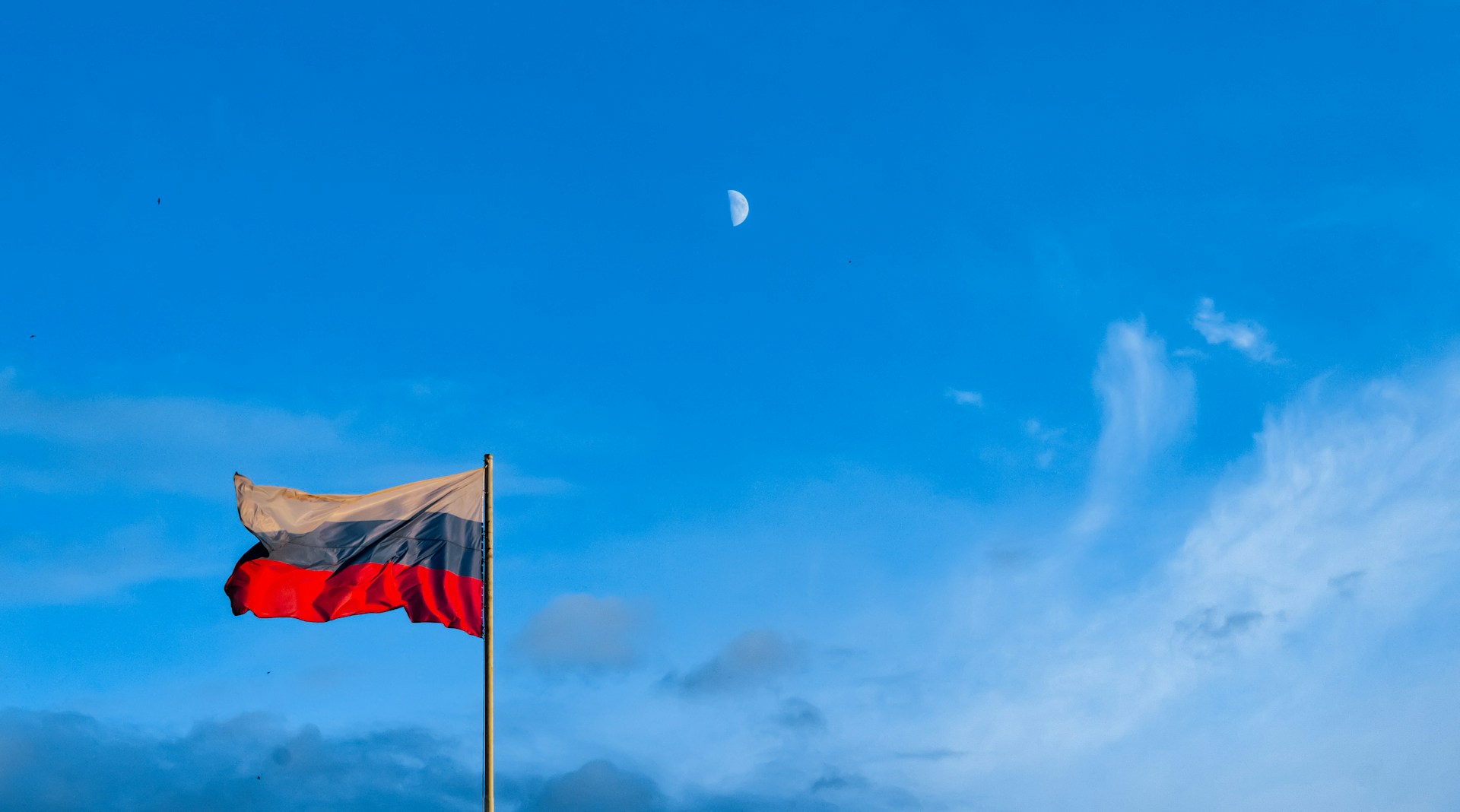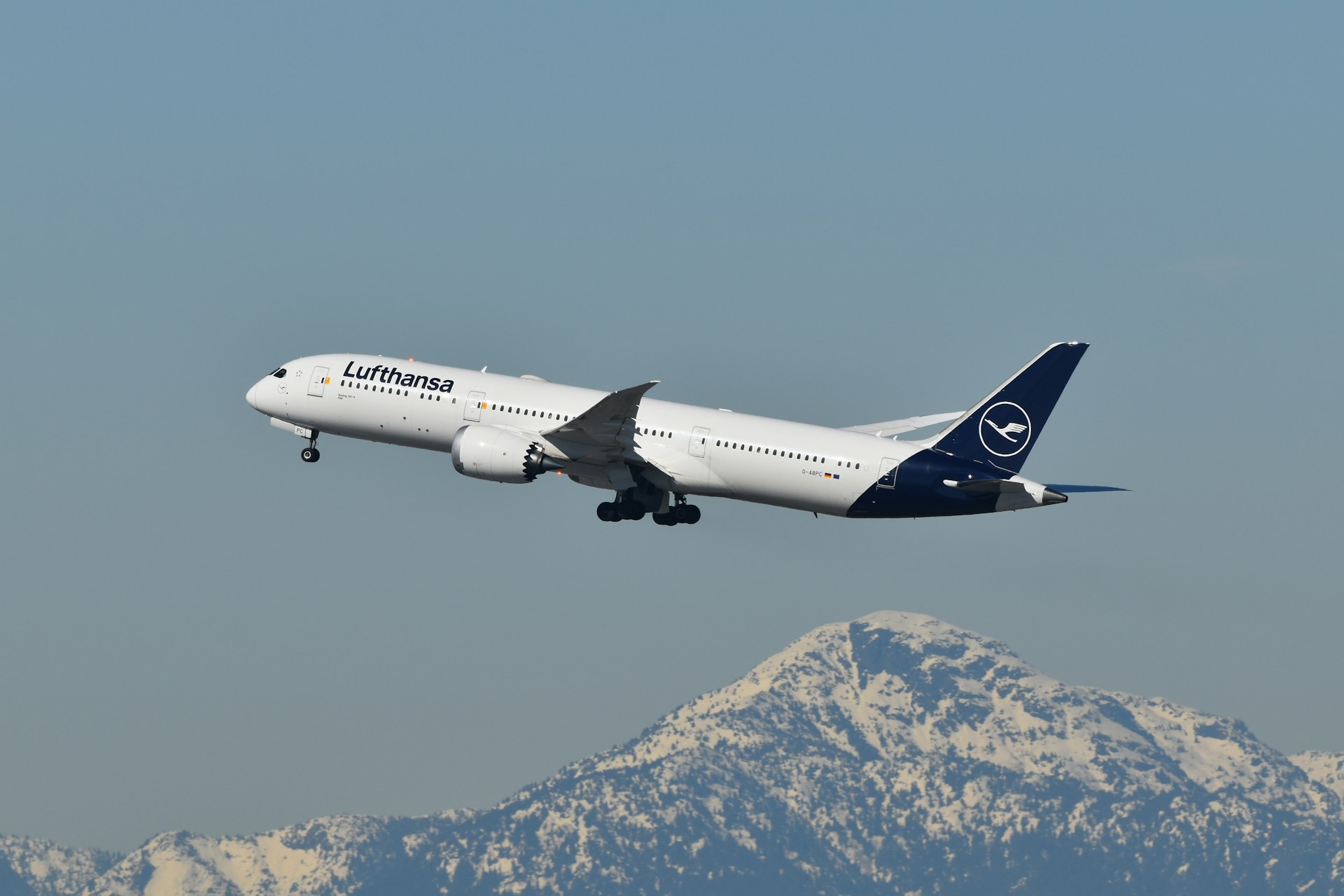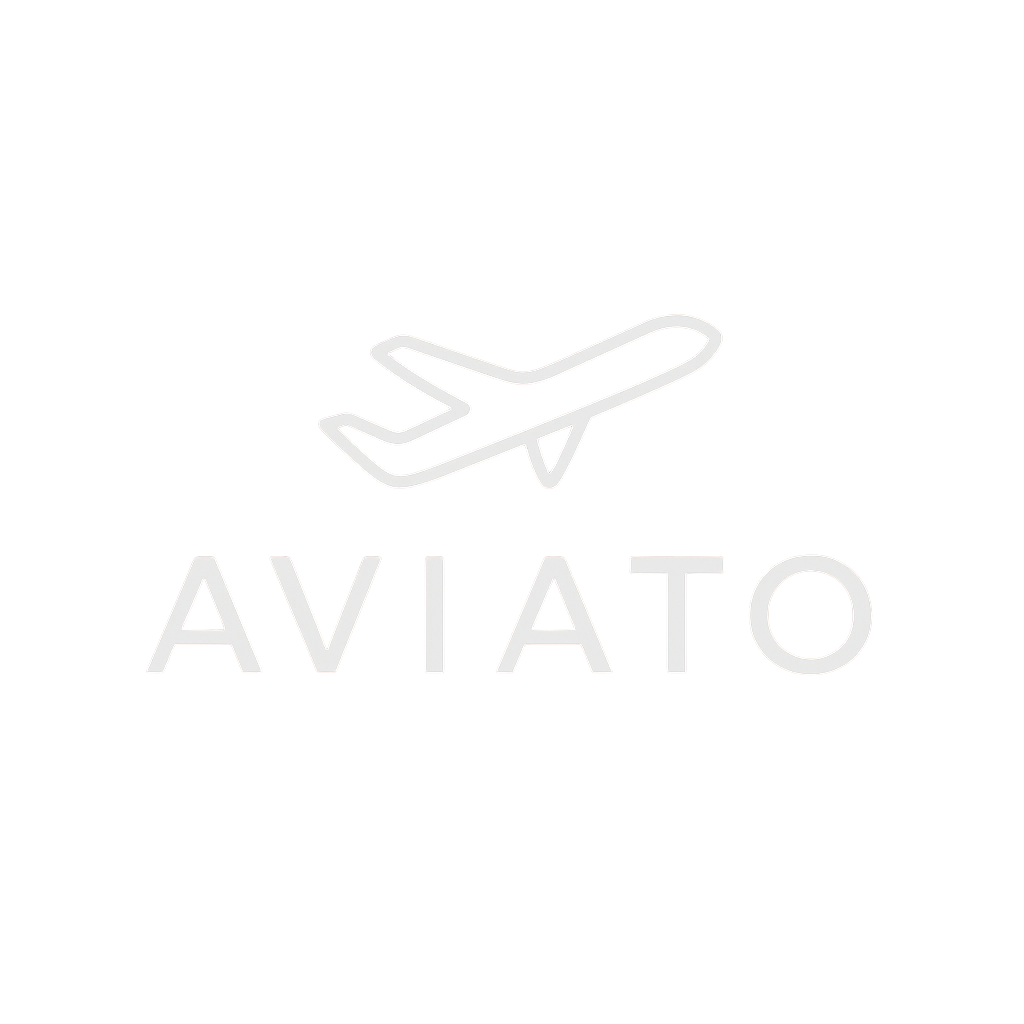Russia Appeals to ICAO for Aviation Sanctions Relief Amid Mounting Industry Pressure
Key Takeaways
- Russia has formally appealed to the International Civil Aviation Organization (ICAO) for relief from aviation sanctions that have severely constrained its airline operations since 2022.
- The sanctions have crippled international connectivity for Russian carriers such as Aeroflot and S7 Airlines, forcing them to pivot toward domestic and allied markets.
- ICAO faces the difficult task of balancing technical aviation safety oversight with political neutrality in a divided global environment.
- Sanctions have fragmented global airspace, increasing flight times, operational costs, and environmental impact for airlines avoiding Russian routes.
- Russian aviation safety is under scrutiny, as airlines struggle to maintain Western-built fleets without access to original spare parts or certified maintenance.
Russia’s Formal Appeal to ICAO
Russia’s request to the International Civil Aviation Organization marks a new chapter in the global aviation sanctions debate. Submitted through diplomatic channels in Montreal, the appeal urges ICAO to review the restrictions that Moscow claims are “disrupting international aviation safety standards and connectivity.”
While ICAO itself cannot unilaterally lift sanctions imposed by individual member states, its technical role in maintaining global aviation safety frameworks makes it a key forum for dialogue. The organization’s leadership faces intense pressure to preserve neutrality while ensuring that all aircraft operating globally meet established maintenance and certification standards.
Russian Airlines Under Sanctions Pressure
Since 2022, aviation sanctions have upended the Russian airline industry. Flag carrier Aeroflot, along with S7 Airlines, Ural Airlines, and others, have canceled hundreds of international routes due to airspace closures and aircraft leasing disputes.
The sanctions also froze leasing contracts with Western lessors and cut off access to Boeing and Airbus maintenance and software updates, forcing Russian carriers to seek workarounds. To maintain operations, Russia has relied on “shadow fleets,” cannibalizing parts from grounded aircraft and expanding domestic manufacturing efforts through Sukhoi and Irkut’s Superjet 100 and MC-21 programs.
However, production delays and limited domestic capacity mean Russian airlines cannot yet replace their large Western-made fleets, leaving the industry vulnerable to long-term degradation.
Global Ripple Effects on Airline Networks
The impact of aviation sanctions extends beyond Russia’s borders. Airlines in Europe and North America can no longer use Russian airspace, forcing Asia-Europe flight paths to shift southward across Central Asia, the Middle East, or the Arctic.
Carriers such as Lufthansa, Finnair, British Airways, and Japan Airlines have faced flight time extensions of two to four hours on routes that once crossed Siberia. These detours have increased fuel burn, raised ticket prices, and reduced cargo capacity, reshaping global route economics.
Meanwhile, Russian carriers have redirected traffic toward destinations in the Middle East, Turkey, India, and China, deepening economic ties with nations that have not joined Western sanctions.
Aviation Safety and Regulatory Concerns
One of the most pressing issues is airworthiness and safety oversight. Without access to certified spare parts or technical support from Boeing and Airbus, Russian airlines are forced to rely on unauthorized suppliers or improvised maintenance procedures.
International observers, including the International Air Transport Association (IATA), have warned that prolonged isolation could erode safety margins. ICAO’s monitoring programs continue to track Russia’s compliance with international maintenance standards, though enforcement power remains limited to member-state cooperation.
Russia’s civil aviation authority, Rosaviatsia, has introduced its own domestic certification standards and maintenance documentation to replace Western processes. However, aviation analysts question whether these alternative measures can sustain long-term operational safety for complex Western aircraft systems.
ICAO’s Delicate Balancing Act
ICAO’s core mission—ensuring global aviation safety and interoperability—places it in a politically sensitive position. While the organization cannot directly alter sanction policies, it can facilitate technical dialogue between regulators, promote best practices, and assess risks associated with isolated aviation markets.
Any ICAO initiative to address Russia’s request will likely focus on safety assurance rather than sanction rollback, reinforcing the organization’s commitment to apolitical oversight. However, member states remain divided over how far ICAO should intervene, given the broader geopolitical implications of Russia’s war in Ukraine.
FAQs
What exactly does ICAO do?
The International Civil Aviation Organization is a UN agency that establishes aviation safety, security, and operational standards for member states. It does not impose sanctions but ensures compliance with global regulations.
Can ICAO remove aviation sanctions against Russia?
No. Sanctions are imposed by sovereign states or regional blocs like the EU. ICAO can only encourage coordination to maintain global aviation safety standards.
How have sanctions affected Russian airlines?
Russian airlines have lost access to international routes, spare parts, and maintenance for Western aircraft. Many are operating domestically or to countries that have not joined the sanctions.
Are Russian aircraft still flying safely?
Russian authorities claim to maintain safety standards, but experts warn that limited access to certified parts and technical support could compromise long-term reliability.
How have sanctions changed global flight routes?
Airlines must now avoid Russian airspace, resulting in longer flight paths, higher fuel costs, and increased travel times, especially on Europe-Asia corridors.
✈️ Bottom Line:
Russia’s appeal to ICAO underscores the growing tension between global aviation safety governance and international political sanctions. While ICAO may not have the power to lift restrictions, its role in safeguarding technical standards remains crucial as the world’s airline networks adapt to a more fragmented—and politically charged—airspace.
.zip%20-%201.PNG)



